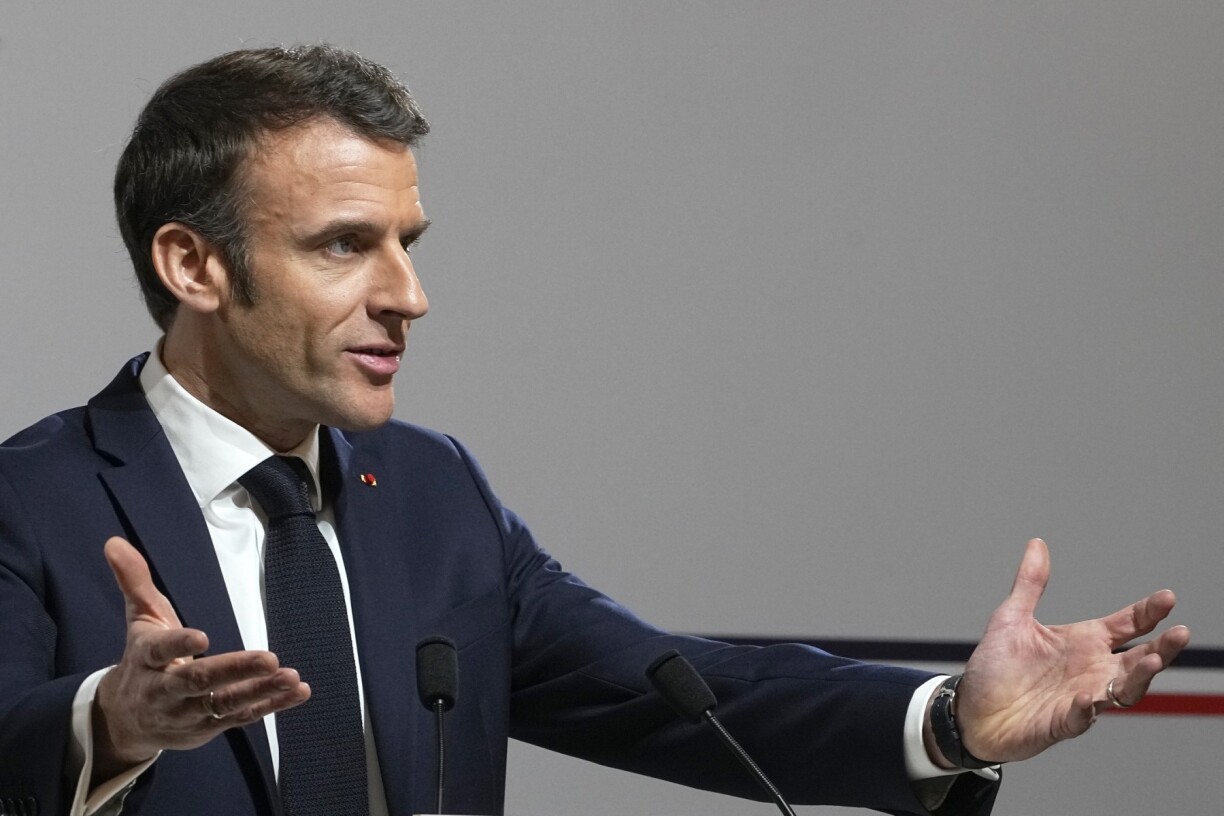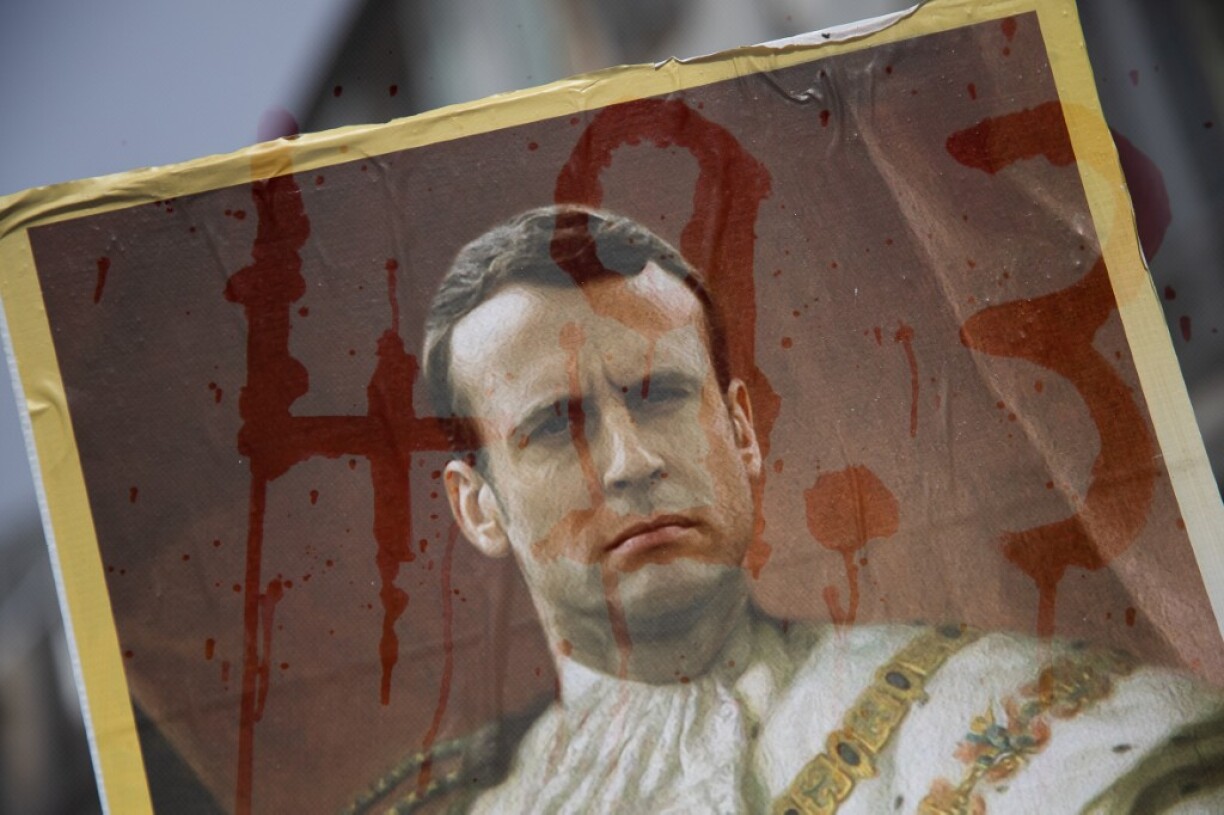
Macron first presented his controversial pension reform, which seeks to raise the age of retirement from 62 to 64, in early January. Ever since, the highly contested reform has been dominating French news.
It did not take long before the French took their discontent to the streets and started protesting. Compared to Europe, France is an outlier and has a relatively young age of retirement; something that the nation does not seem to want to give up. For most countries, including Luxembourg, the retirement age is at least 65. 64 would therefore still be below average.
Macron rarely spoke out to defend the reform and on Thursday when the parliament was supposed to vote, he was able to ram through the reform without their vote, by invoking an article in the constitution. As a result, Macron faced a vote of no-confidence. If he and his government will get through this vote, the pension reform will go through as well. If not, it’s the end for Macron and his government, barely a year into his second term.
The overhaul of the pension system did not come out of nowhere. Since his election back in 2017, Macron has always been very open that France ‘needs to work more’. After abandoning his first attempt during the Covid-19 crisis, the overhaul was at the centre of his campaign for a possible second term.
Trade unions and political opposition were therefore already prepared, with one head of a union saying that if the ‘mother of all reforms’ would eventually happen that they would be ready for the ‘mother of battles'.
The reform was then announced in the second week of January, and France’s trade unions called for a mass mobilisation. This was the first time they have united since 12 years ago, when the retirement age was hiked from 60 to 62. Opinion polls showed that around two-thirds of French people oppose raising the retirement age.
Fact is that the pension system that’s currently in place is in deficit. To keep the system going, Marcon explains, and to be able to distribute wealth, it has to be created in the first place. According to him, the only way to guarantee to properly fund pensions is for people working a little longer on average.
The government, while prepared for some backlash, was taken aback by the sheer size of mass protests. After the unions called for mass mobilisation, 1.1 million people joined protests — a highly unexpected turnout.

At that point Macron was in Barcelona defending the planned reform, breaking his usual rule of keeping domestic business aside when on diplomatic travel. While he argued that the reform had been ‘democratically proposed and approved’ and was ‘above all fair and responsible’, it seemed that the government was ready to seek a dialogue with the unions.
Things took a turn when a couple of days later, on 23 January, the French government moved forward with their pension reform plans. The legislation was presented to the government and its aim was, next to raising the retirement age, to increase the minimum number of years people must pay into the system to get a full pension to 43 from the current 42.
Labour Minister Olivier Dussopt said the government would accept amendments that “improve the text without giving up on getting back to balancing the books by 2030, nor the fundamentals of the reform”.
The presentation of the legislation was the last step before the bill would enter parliamentary debate. This prompted unions to mobilise people for another big strike, this time on 31 January, which saw 1.2 million protesters.

In the weeks leading up to the governmental showdown, the French kept protesting. After five separate days of protests, the stoppages at the beginning of March meant a new phase in the battle between the government and opponents of the changes. At this point, time was running out to force the government to change their position, with the unions threatening rolling strikes risking a severe knock-on in subsequent days.
It’s not the first social action that Macron is experiencing. During his first term, the Yellow Vests protests were marked by strikes, weekly demonstrations, the blocking of roads and fuel depots, and the worst clashes with riot police in decades.
On 16 March, the day had come. The goal was clear: Rush the legislation through parliament and secure a vote in favour by the middle of this month or by March 26 at the latest. But instead of waiting for the parliamentary debate and vote, article 49.3 of the constitution was used.
This article allows a prime minister to push draft legislation through the National Assembly without a vote by lawmakers. A move and article that are seen as highly ‘brutal’ by the French people.
After disclosure of events, France was rocketed by angry nation-wide protests. As a result, Macron was facing a vote of no-confidence which was held on Monday 21 March.
The French government survived two no-confidence motions in parliament: The 577-seat National Assembly lower rejected a motion brought by the centrist LIOT coalition by a margin of just nine votes, much narrower than expected.
Even though the government was already largely expected to survive any vote, it left a bitter aftertaste.
